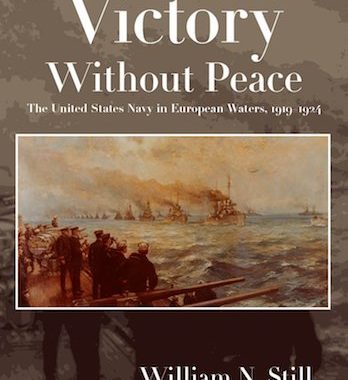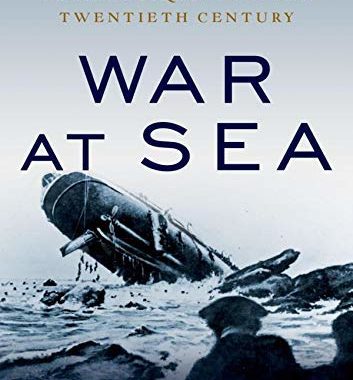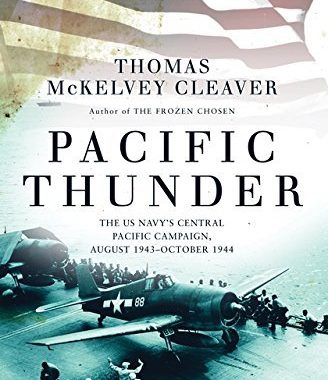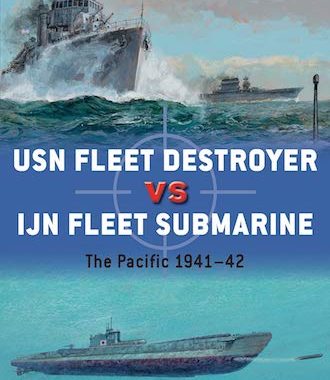Lessons from World War II: Fleet Admiral Ernest J. King
Ernest J King served as the Chief of Naval Operations during World War II. King was only the second person in history to have earned the rank of Fleet Admiral, and he left a nearly-unparalleled legacy on the history of the service. Last week in our Thursday Tidings we looked at President Truman’s reflections on












